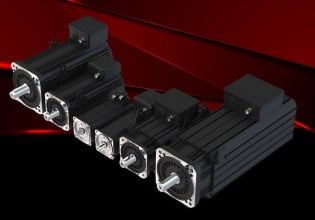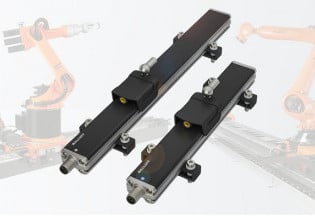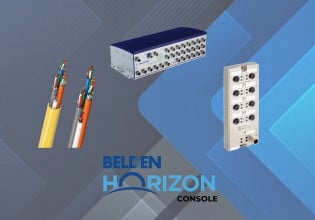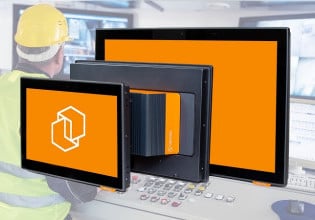J
May someone tell me where can i find a comprenhensive comparison between Profibus and Lonwork Networks? including profibus and lontalk protocol.
I'm working on a selection of the most reliable protocol and network to use in a fielbus enviroment substation.
Thanks in advance...
Jose Calzadilla
I'm working on a selection of the most reliable protocol and network to use in a fielbus enviroment substation.
Thanks in advance...
Jose Calzadilla






